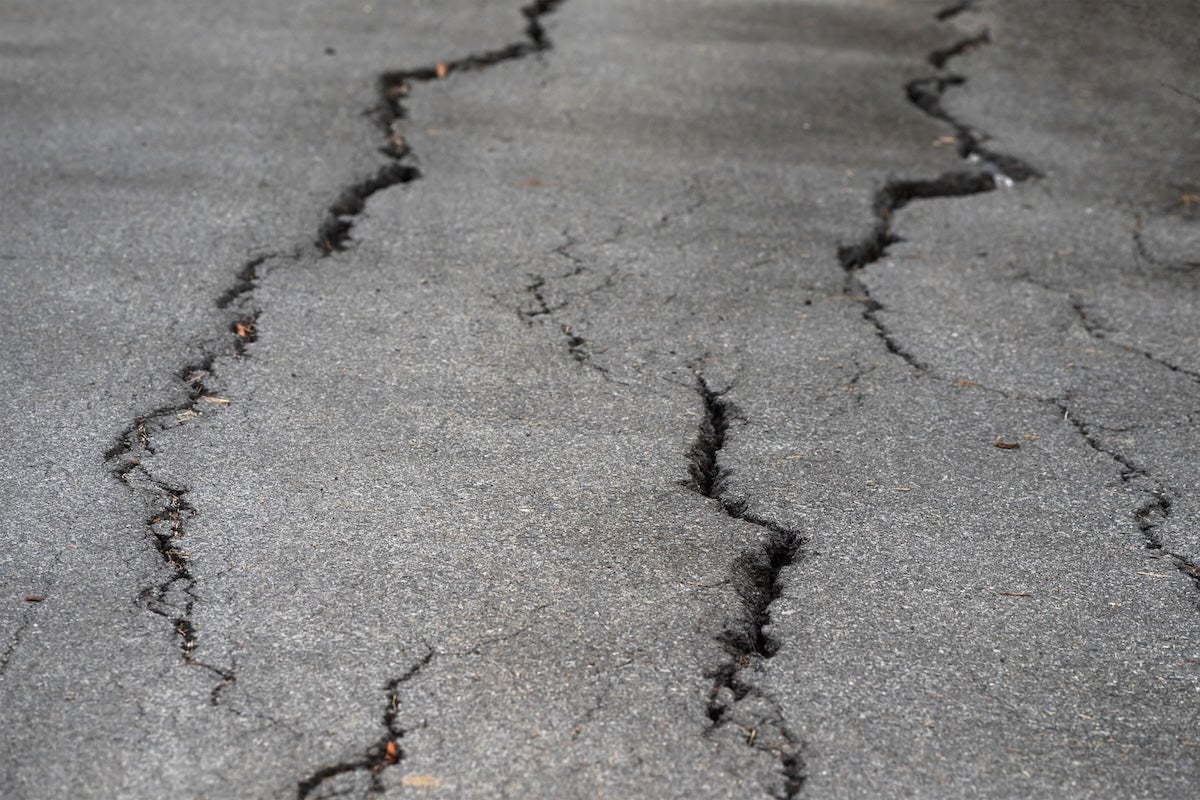
A 7.1-magnitude earthquake struck Dingri County near Tibet in western China shortly after 9 a.m. local time Jan. 7, killing at least 126 people and injuring more than 180, according to state media. The disaster near one of Tibet’s historic cities marks the deadliest earthquake in China since December 2023, when a 6.2-magnitude tremor claimed 151 lives in Gansu and Qinghai provinces.
Rice University experts are available to offer insights into the associated risks, impacts and mitigation strategies.
Climate change and storm impacts
Jim Blackburn, co-director of Rice’s Severe Storm Prediction, Education and Evacuation from Disasters Center, specializes in the effects of climate change on storm and flood risks. Blackburn, who is an expert in environmental law, can discuss equity issues in flood protection and sustainable mitigation strategies, including the role of nature-based solutions such as wetlands and carbon credits.
Emergency preparedness and policy
Robert M. Stein, the Lena Gohlman Fox Professor of Political Science, is an expert on public policy related to emergency preparedness and severe weather mitigation. Stein can provide insights into governmental and institutional responses to natural disasters and policy frameworks for risk reduction.
Extreme weather events
Sylvia Dee, assistant professor of Earth, environmental and planetary sciences and civil and environmental engineering, can provide expertise on extreme weather events and flooding. Dee also researches the impacts of climate change on ecosystems, the influence of El Niño and La Niña on hurricane frequency and public responses to severe weather events.
To schedule an interview with any of Rice’s experts on earthquake-related topics, contact Marcy de Luna, media relations specialist, at marcy.deluna@rice.edu, or Chris Stipes, executive director of news and media relations, at chris.stipes@rice.edu.

